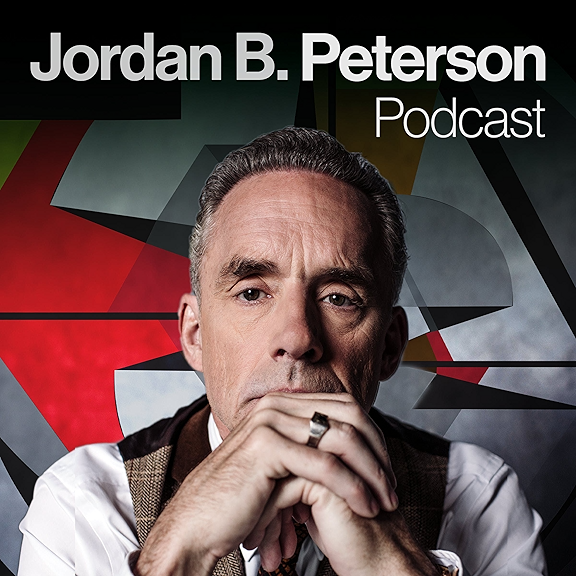
It’s not just psychedelics that change minds, says Michael Pollan. Storytelling does, too.
In Berkeley Talks episode 207, bestselling author and UC Berkeley Professor Emeritus Michael Pollan discusses how he chooses his subjects, why he co-founded the UC Berkeley Center for the Science of Psychedelics and the role of storytelling in shifting our perspective.
“We're wired for story,” he told KQED’s Mina Kim, whom he joined in conversation at a UC Berkeley event in May 2024. “We're a storytelling and consuming people, and we remember better and we're moved more by narrative than we are by information or argument.
“The shorter journalism gets, the more it relies on argument to get any kind of heat. And I just don't think that's how you change minds. I think changing minds has to work at all levels: It has to work at the intellectual level, it has to work at the emotional level, and at even probably subliminal levels, and story does that.
“When you look at great pieces of narrative journalism, people don't even realize their minds have been changed by the time they get to the end of it.”
Pollan has written eight books, including The Omnivore’s Dilemma (2010),about the impact of our various food choices on animal welfare and the environment, and How to Change Your Mind (2018), an exploration of the history of psychedelics and their effects on the human mind. He recently retired from UC Berkeley’s Graduate School of Journalism, where he taught for many years.
Read the transcript and listen to the episode on Berkeley News (news.berkeley.edu/podcasts).
UC Berkeley photo by Marlena Telvick.
Hosted on Acast. See acast.com/privacy for more information.




















